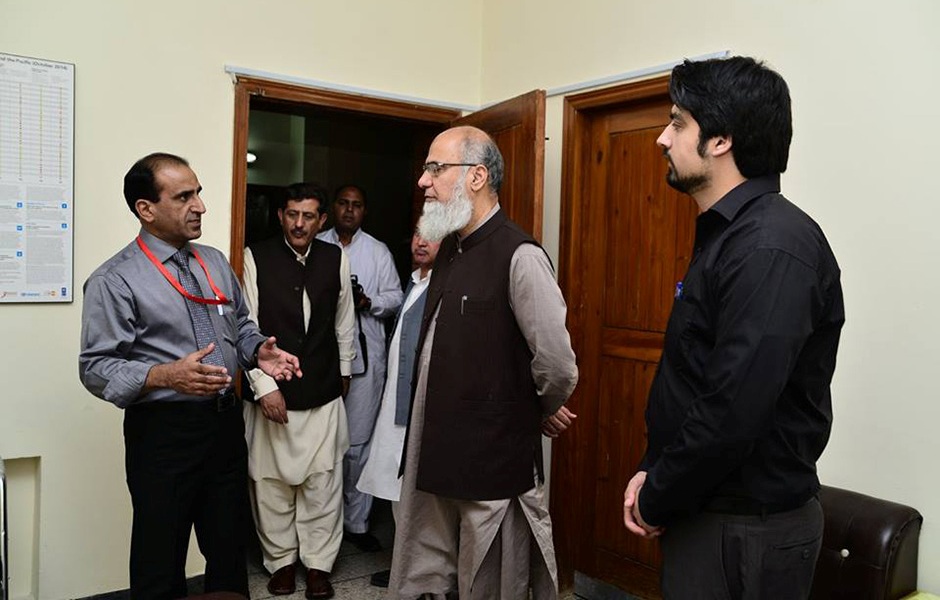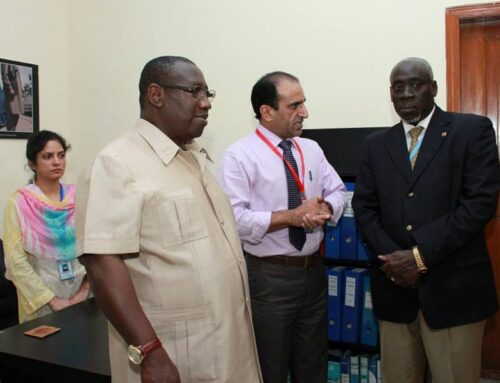Project Description
Performance Of The APLHIV In This Regional Project:
It is worth mentioning that the APLHIV has been the best performer under this Regional Project among all Seven [7] program Countries. The APLHIV is the only organization which has secured all A+/A1 grades in all Quarterly Reports. Mr.Uzair Tariq has been declared as the Best project Coordinator in Phase II where as Mr.Asghar Satti was declared the best project Coordinator in Phase I. The APLHIV has been the 1st one to complete all the activities ensuring the quality and time line given. Both the Coordinators were awarded with Certificates of Merit by the PR-APN+.
INTRODUCTION & BACKGROUND: –
Progress in diagnosis, treatment, and care of HIV and AIDS has been made since 1981. Extensive researches throughout these years have significantly improved our knowledge on HIV, the virus that causes AIDS, its cause of transmission and the methods of prevention. Remarkable progress in the diagnosis and treatment of HIV infection has significantly improved both the life span and the quality of life of people living with HIV (PLHIV). However National PLHIV Networks in Asia and the Pacific region consistently shared that the national authorities did not adequately document and share the barriers to PLHIV’s access to treatment, care and support. In February 2010, a meeting among 11 National PLHIV Networks from Asia and the Pacific (AP) region identified a need to monitor, document and share information related to level of access and barriers to effective HIV treatment, care and support services in the region. Asia Pacific Network of People Living with HIV/AIDS [APN+] facilitated in submission of proposal to GFATM, which was approved. The approval of the proposal paved the way for a regional based research study. The funding was given by the GFATM under Round-10. Pakistan was one the member country of this proposal and the National Network of the PLHIVs “Association of people living with HIV” [APLHIV] was selected as the Sub-Recipient (SR) for this grant. This research study focused on to assess “The access of the community to treatment, care and support Services” in seven (7) Asian Pacific countries. In Pakistan the study was conducted by the APLHIV Pakistan with support of the APN+. The study included respondents from all the four (4) provinces, three (3) regions and the ICT. Fourteen (14) districts with Five Hundred Twenty Five (525) respondents were covered. The study commenced in second week of November 2012 and concluded on 28th February 2013. Eleven (11) Trained Data Collectors carried out the study. The study was conducted with an aim to document and monitor the uptake of HIV treatment, to identify the barriers in accessing the treatment and to recommend the line of action to improve the PLHIVs access to treatment, care and support”. This Research study was appreciably led by a Community member who became the 1st PLHIV to lead a Research Study in the Country. At the conclusion of the study a National Action Plan was developed in presence of over 60 stakeholders from across the country which provided the APLHIV with a line of action for future. The APLHIV implemented the National Action Plan in true spirit and litter which resulted in establishment of four [4] new treatment centers, provision of CD-4 machines in Quetta, Turbat and Larkana. Based on the findings, recommendations and work on National Action plan the APLHIV also successfully advocated for inclusion of PLHIV into Prime Minister National Health Scheme. The study is being used as reference document by the policy and decision makers. Based on the recommendation of this study the concept Note under NFM proposed the satellite HIV clinics to ensure easy access of the community people to HIV treatment. Under the recommendation of the report over 450 community people have been trained on positive living through provision of education on treatment, provision of information about HIV, HCV, HIV/HCV Co-Infection and its management, approximately 300 HCPs have been sensitized on issues associated with HIV in order to reduce stigma and discrimination. The communities have been empowered amicably through provision of semi independent networks which included Positive Female Network [POFEN], Drug User’s Network [DUNE] and Y-Chapter for Young PLHIV and YKPs. This project has brought about revolutionary changes within the APLHIV and the HIV Community’s empowerment.
In Phase II of the project the APLHIV has successfully completed the Follow Up study from June-Aug 2016. The APLHIV was successful to trace, contact and engage 449 respondents of Phase I study which is the best number among all program countries. The APLHIV thus was successful to achieve to get 106.9% target achievement which the highest in all program countries. Like Phase I of the project the APLHIV was the 1st one to complete the entire process of Research study in phase II. Other important activities under the project included: –
1. Community Documentation (to document important issues, record stories about services provided to PLHIVs, mapping of HIV services and photo documentation). The APLHIV submitted seven [7] such documents against a target of five [5] documents.
2. Enquiries (discussions with policy makers/ decision makers, service providers, role of PLHIVs net works, legal supportive system and empowerment of PLHIVs). The APLHIV engaged the relevant stakeholders and important success have already been highlighted above.
3. Community Correspondence Management Program. This activity is meant to encourage the community members to share their thoughts, experiences and stories after being diagnosed as HIV+. The APLHIV was the 1st organization to complete this activity in a transparent manner. Unexpectedly many community people participated in the activity and the winners shall be awarded accordingly.
4. Photo Documentation. The APLHIV also successfully completed this activity and highlighted the issues and the community by sharing relevant photo documentation.
5. Policy Analysis Briefs: This activity was meant to get information about policy level issues on the given topics. The APLHIV successfully completed this activity.
Please click the Tab “Reports” on main page to access the detailed Research report.


